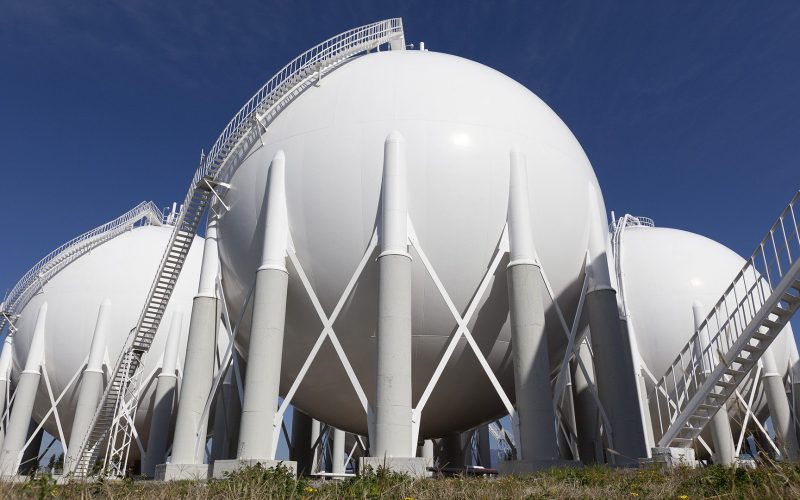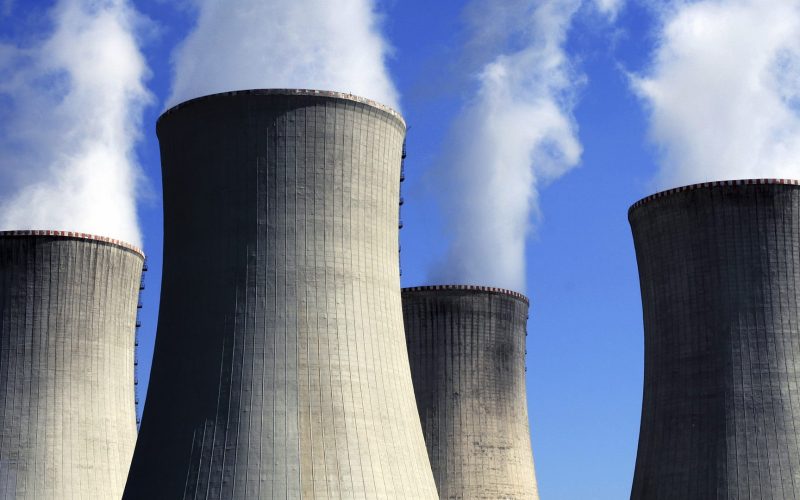THE VOICE FOR THE ENERGY CONSUMER

As Pennsylvania continues to see increases in oil and natural gas production, the state is quickly becoming competitive to attract energy-intensive manufacturers. In order to remain competitive, Pennsylvanians need to.

Recent polling in Virginia shows that nearly 85 percent of residents support investments in energy infrastructure which helps make Virginia more competitive to attract and retain jobs. Brett Vassey, the.

The editorial board of the New York Post recently came out in support of pipelines, discussing how New Yorkers saved over $500 million just as a result of one completed.

Concerned about air emissions? Here’s some good news – emissions in the United States are dropping and have been dropping due to the increased use of natural gas. In fact,.

Houston, TX — David Holt, president of Consumer Energy Alliance (CEA), issued the below statement on President Obama’s decision to deny a construction easement for the Dakota Access Pipeline to.

CEA’s Brydon Ross discusses the importance of nuclear energy to economic development and carbon-free generation of electricity. The United States is blessed with a significant array of natural resources that.
After receiving it’s permit to begin construction, construction workers on the Sabal Trail pipeline are already injecting money into the local economy. One county alone is expecting to receive nearly.

CEA’s Jack Belcher discusses the importance of taking at thoughtful, deliberative approach to implement successful policies for offshore energy exploration. In what promises to be one of its final major.

CEA Midwest Executive Director Chris Ventura discusses the importance of pipeline infrastructure in the state of Michigan. Traditionally, infrastructure development has been a bipartisan issue with open dialogue between Democrats.

Although Pennsylvania is flush with natural gas, there are many under-served areas across the state. Now, some neighborhoods are able to realize the benefits and savings of natural gas as.